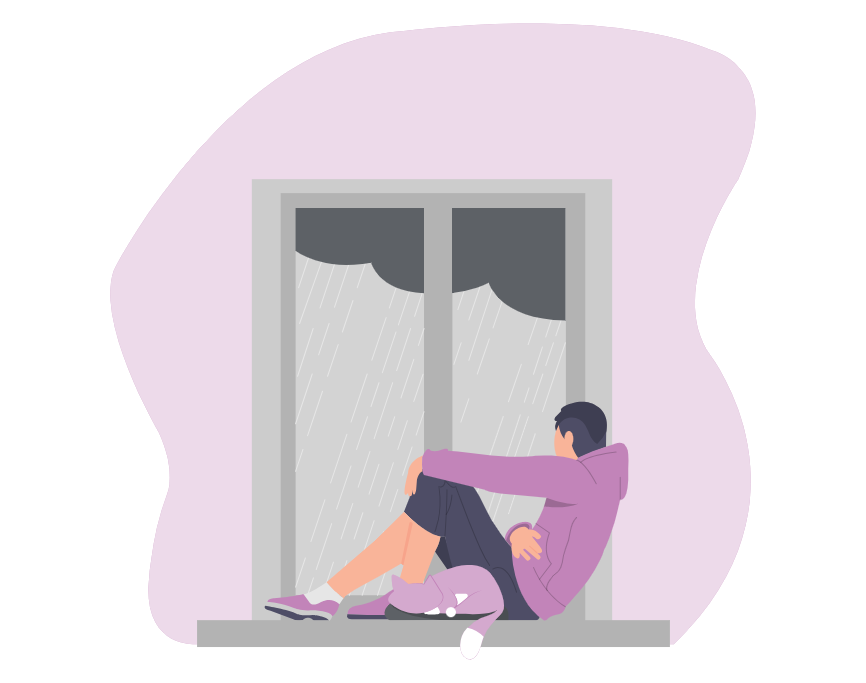We are fed a certain narrative in medical school. The system trains us to believe that we would be lucky to match to a residency program. It is something that we should be grateful for, because the alternative is feared by everyone. To go unmatched is a devastating outcome, since it feels as though our MD is useless without a residency.
Side note: How times have changed. Years ago, having a bachelor’s degree was supposed to open up the possibilities to a successful career, but by the time I started my Bachelor’s of Science, I was fed a narrative that a BSc is virtually useless without a side hustle, plenty of networking, or further education.
We sacrifice so much of our lives to graduate with an MD, only to be left feeling as though without a residency, our MD and all of our suffering from before becomes meaningless if we are not able to practice. It’s kind of really messed up that all of these highly motivated, disciplined, intelligent individuals feel as though all of their hard work amounted to nothing if we cannot fulfill our roles as physicians.
To be fair (to myself), I didn’t have the time or capacity during medical school to focus on myself and understand what I truly wanted and needed. I was battling a lot of mental health issues, trying to navigate and leave an emotionally abusive and manipulative relationship, on top of the challenges of being a successful medical student. As much as I believed that I reflected enough about what I wanted in my life and career, I don’t think I really trusted myself to make these decisions when I entered into CaRMS.
I wish someone would have told me that the residency program is not all that I needed. I convinced myself that things outside of medicine (the city, community, friends) didn’t matter as much because as a resident, I would be spending the majority of my days in the hospital. I didn’t even give myself the chance or opportunity to really think about my life because I should be grateful if any residency program would accept me.
During interview season, I was fed a narrative that I would be entering a supportive residency program with a strong resident culture. I packed my bags, leaving behind the relationships and community that had brought me so much joy (and heartbreak) over four years. Full of hope, I believed that the residency program would fulfill my needs of peer support, a sense of belonging and a culture that encourages resident wellbeing. I thought that in exchange for leaving behind a place that helped me grow immensely, I would be entering a friendly, inclusive residency program to embark on the next phase of my life. To my surprise, I was met with a program that continued to disappoint me, time and time again.
Please learn from my mistakes, and value yourself and your own worth.
If you are going through medical school or residency unhealed* like I was:
- Do not isolate yourself. Pick a residency program that either shows you that you will be well supported, or one where loved ones are nearby and easily accessible.
- Continue healing. Keep going on your journey to healing the wounds that have been left untreated for years. Nobody knows what you’ve experienced before coming into residency, and they will only see what you present. Protect yourself more than anything else, because in a profession where burnout is endemic, most people are just trying to survive and will do whatever that means for them.
- Don’t give more than you can afford. I entered residency very optimistic, believing that I could make a positive difference to improve the program. I was doing so much that nobody asked for, and this only led to disappointment and feelings of being unappreciated. When I realized that I felt alone, I pushed even harder to try and create a culture that was safe for myself. But one person (especially a junior who just moved to the city) cannot change the culture of a program if nobody else cares.
*If you are recovering from trauma, emotional or physical illnesses, and do not have much family or friend support, these are things that I wish I prioritized. If you are fortunate enough to not have any of these issues, I have faith that you can pursue the residency program of your dreams because you may have the necessary support already in place. It took me a long time to accept that I am not going to have the same experience as someone else who entered residency with a strong support network, who was not abused, who was not gaslighted for years, and who had the luxury of being able to be their true selves.
Treat yourself with kindness and compassion, because if you don’t, who will?
Until next time,
Jen

Leave a Reply